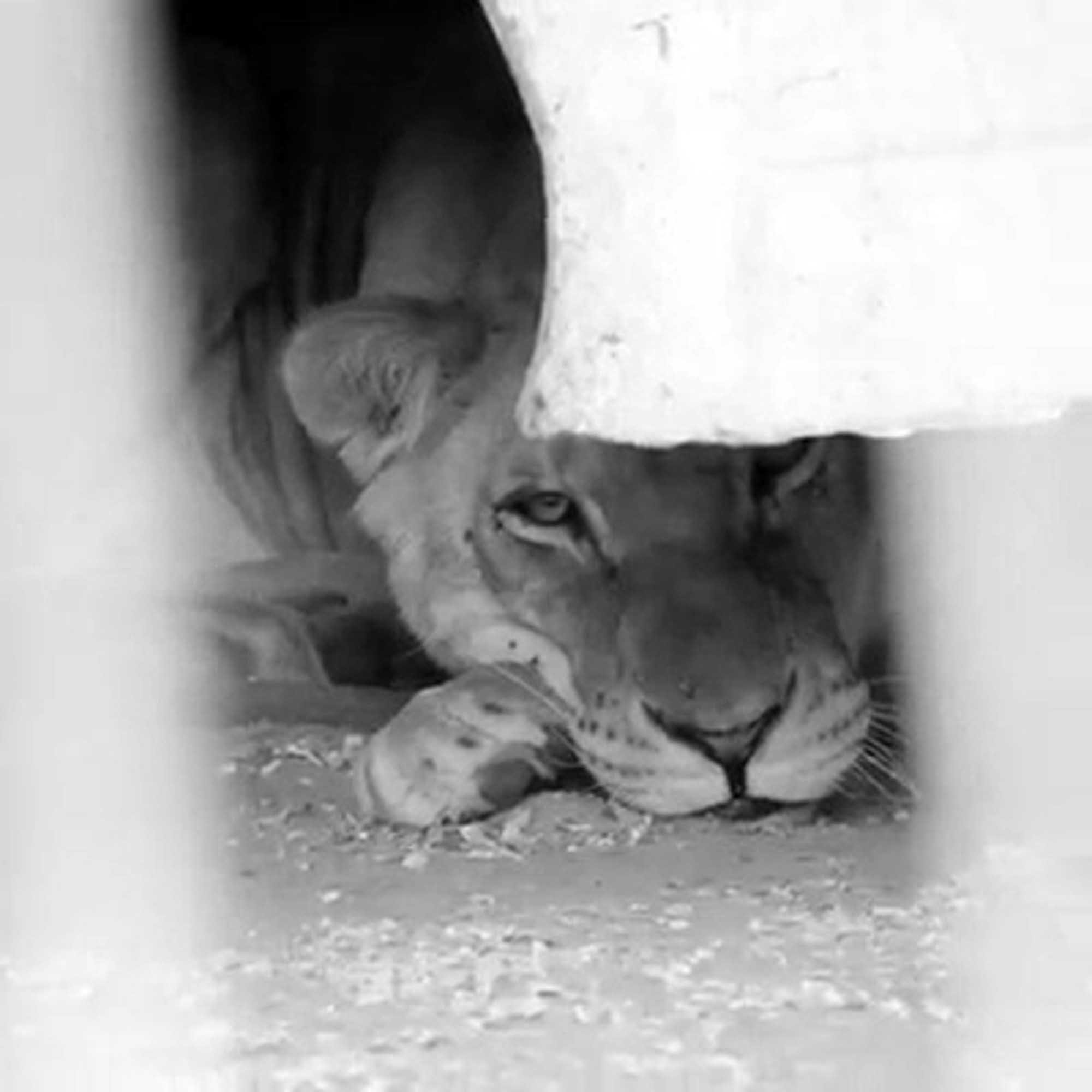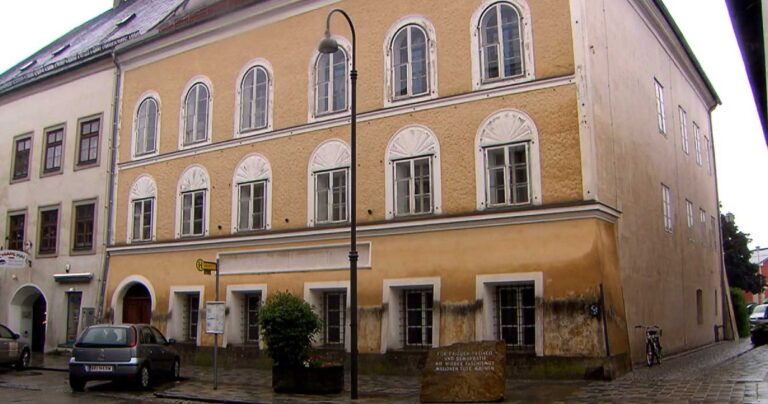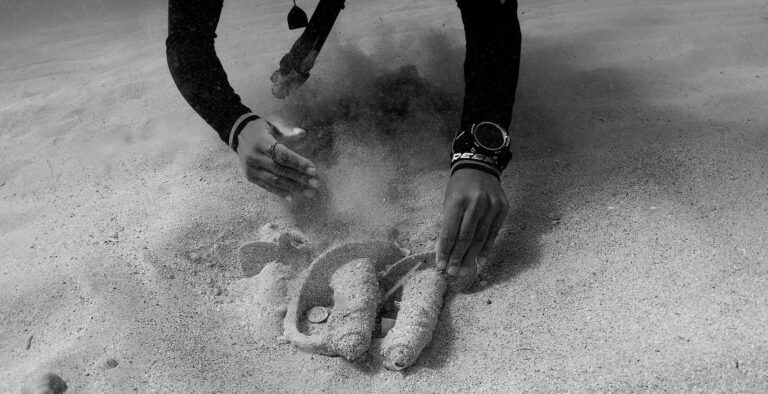This Gaza zoo – which hit the headlines worldwide with snaps of emaciated lions – has been accused of blackmailing animal charities after accepting cash and agreeing to close before re-opening days later.
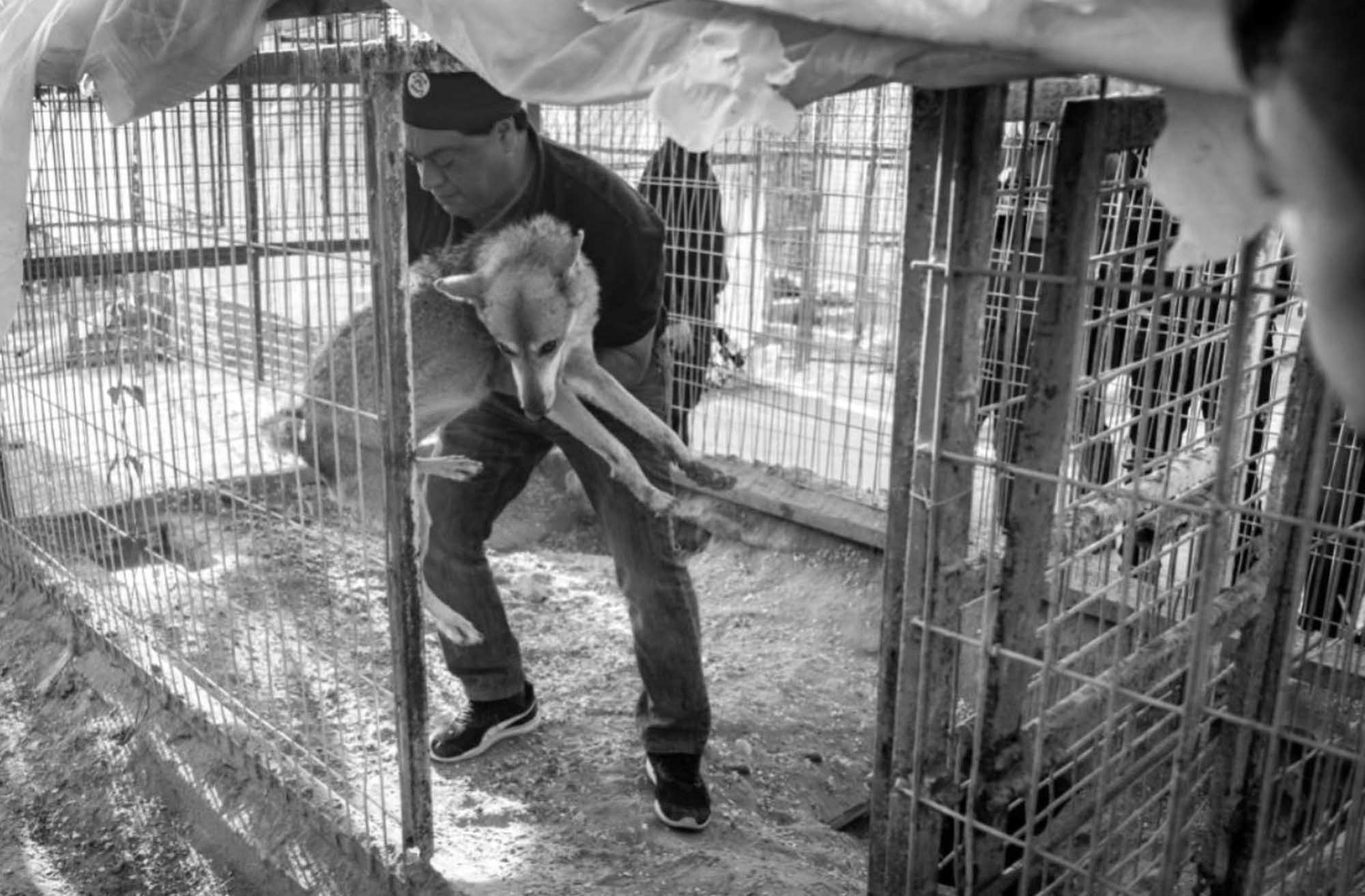
Animal organisation Four Paws, who took animals from the zoo into care and paid for their food and medical treatment, say they have already given the owners 55,000 USD (44,258 GBP), and said they had been promised, as well, that afterwards the zoo would close down, once the animals had left.
They say they are shocked at the news that it has now reopened, this time with two lions and three new cubs imprisoned in tiny cages that are only a few square metres in the private zoo located Rafah in the Gaza strip.
A spokesman for the animal charity Four Paws in Vienna, Martin Bauer, told Central European News (CEN): “Of course we are disappointed that it has reopened after promising to close, and it now rests in the hands of local authorities to act because, as far as we know, the newly opened zoo has no licence.
“Of course, if local officials confiscate the animals, we would be prepared to enter into talks about assisting in their rescue and relocating in a more species-appropriate habitat. But we need to move away from the circle of paying each time to rescue the animals in a kind of hostage situation.”
The new zoo manager, Ashraf Jumaa, who is reportedly related to the same people who promised to close the old zoo, said the lions had been purchased from Egypt.
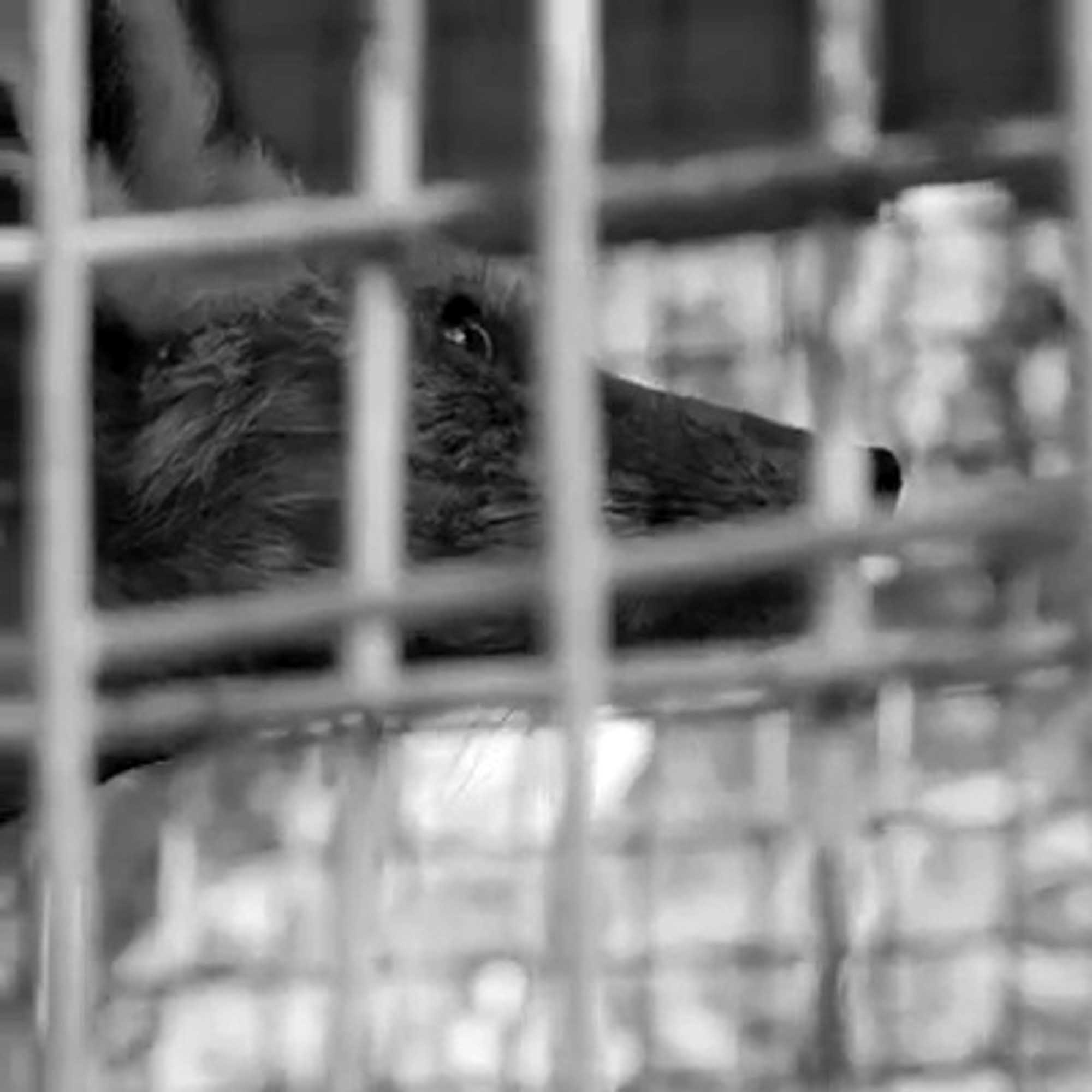
He also admitted they would struggle to pay for the food because they now had a lower entrance fee and less animals, but despite that, recent visitors to the zoo spotted an ostrich stuffed in a tiny cage constantly packing at the bars and monkeys eating rubbish while the zoo staff were trying to remove the lion cubs from their mother using sticks so they could be photographed with visitors and their children.
Gaza is struggling economically and animal activists say they cannot possibly hope to feed the animals, especially with tough border restrictions. With two million people and 50 percent of the population living below the poverty line, the zoo is one of few opportunities for people desperate to make money.
The previous rescue saw almost 40 animals including lions, monkeys, porcupines and peacocks taken to sanctuary. The money was paid to provide medical treatment and food prior to the animals being moved so they could build up their strength.
Local animal rights activist Mohammed Aweda noted, however, that there was little hope for a further rescue as there was already debate as to whether the last payment could be regarded as trading in animals, despite it being classified as the provision of medical aid and food.
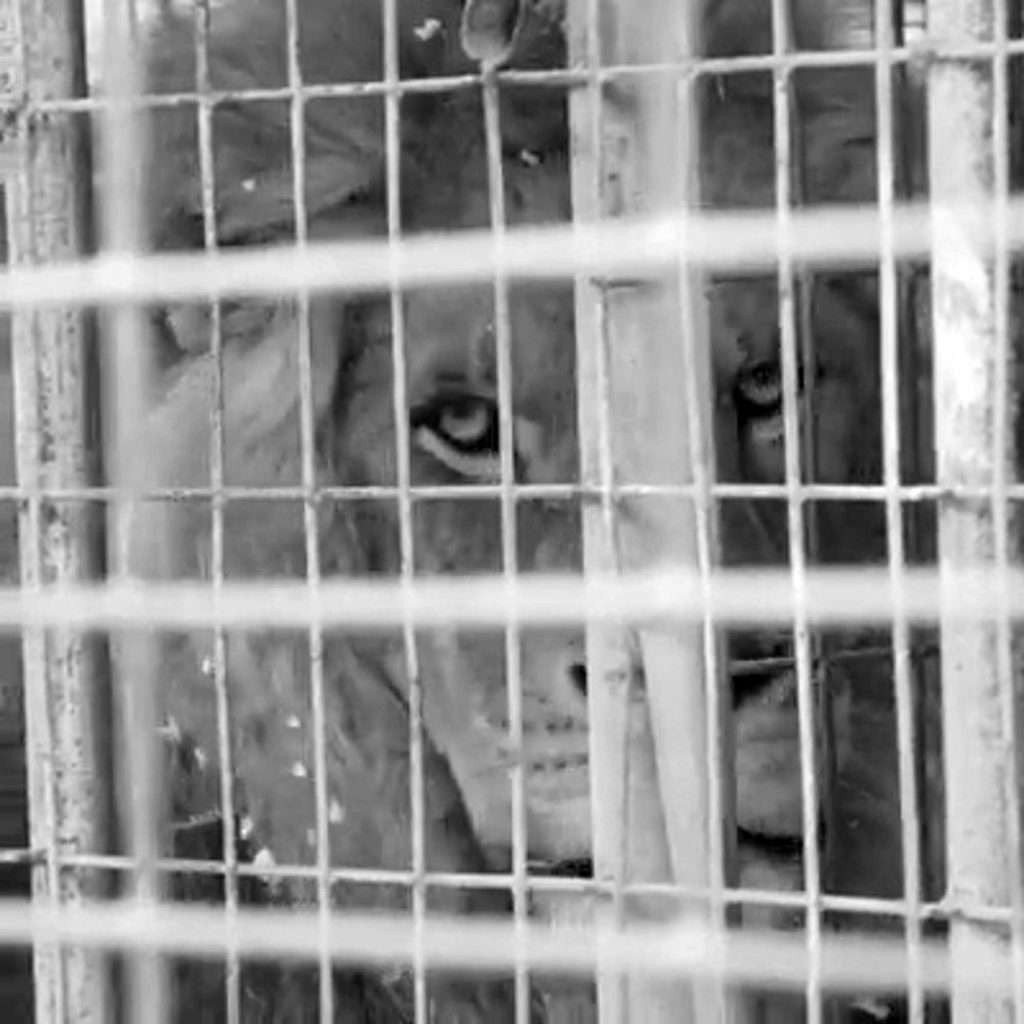
Zoo manager Ashraf Jumaa, who rejected the accusation that they were trying to blackmail the charity, said: “Our main objective is not trade but entertainment, and we decided to reopen because that was what local people wanted.”
He also admitted that once the cubs are older, they would probably need help as they would be unable to afford the cost of the meat they needed.
He said each day, the fully grown lions would need between 22 and 30 kilogrammes (40 and 66 lbs) of meat, which was not covered from the 46p (2ILS) a day they received from each of around 50 paying visitors.
A spokesman for the Gaza agriculture ministry said they had not discussed the reopening with anyone at the zoo, and that there was little likelihood the necessary land could be made available for a zoo to meet international standards.
This was slammed as disgraceful by the animal charity, which said not only were the cage sizes completely unacceptable, but that the animals also seem to be suffering and were needing better food and medical care.
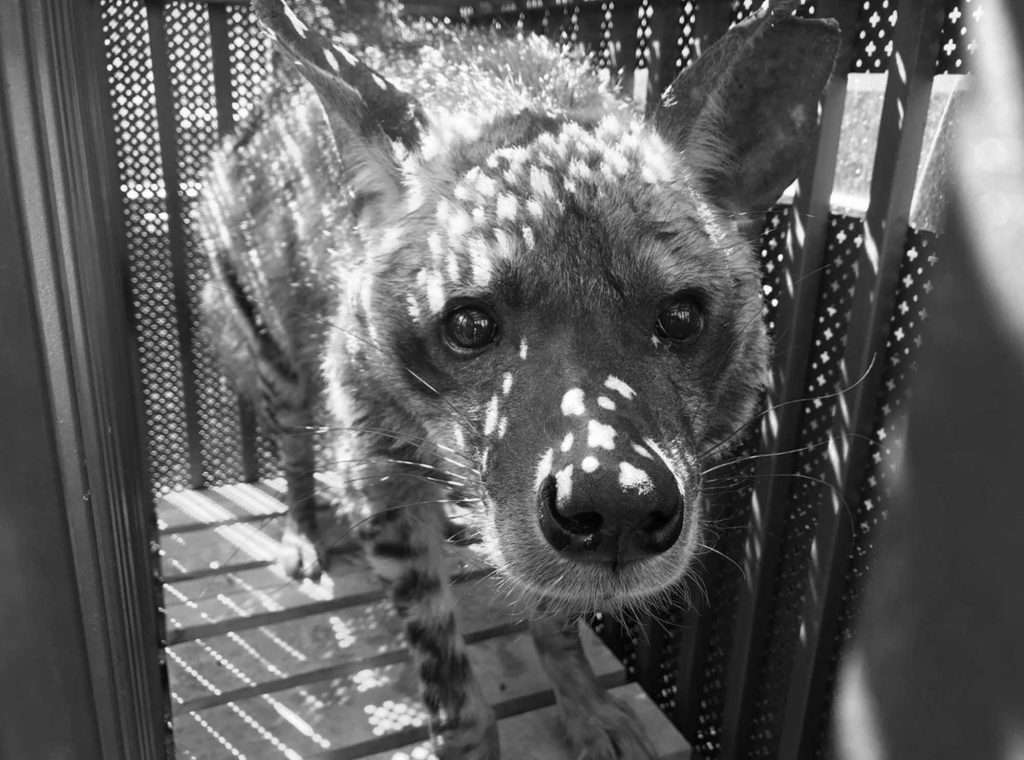
To find out more about the author, editor or agency that supplied this story – please click below.
Story By: Michael Leidig, Sub-Editor: Joseph Golder, Agency: AsiaWire Report
The Ananova page is created by and dedicated to professional, independent freelance journalists. It is a place for us to showcase our work. When our news is sold to our media partners, we will include the link here.

